Volume 204
Fundamental Theories of Physics
Series Editors
Henk van Beijeren
Utrecht, The Netherlands
Philippe Blanchard
Bielefeld, Germany
Bob Coecke
Oxford, UK
Dennis Dieks
Utrecht, The Netherlands
Bianca Dittrich
Waterloo, ON, Canada
Ruth Durrer
Geneva, Switzerland
Roman Frigg
London, UK
Christopher Fuchs
Boston, MA, USA
Domenico J. W. Giulini
Hanover, Germany
Gregg Jaeger
Boston, MA, USA
Claus Kiefer
Cologne, Germany
Nicolaas P. Landsman
Nijmegen, The Netherlands
Christian Maes
Leuven, Belgium
Mio Murao
Tokyo, Japan
Hermann Nicolai
Potsdam, Germany
Vesselin Petkov
Montreal, QC, Canada
Laura Ruetsche
Ann Arbor, MI, USA
Mairi Sakellariadou
London, UK
Alwyn van der Merwe
Greenwood Village, CO, USA
Rainer Verch
Leipzig, Germany
Reinhard F. Werner
Hanover, Germany
Christian Wthrich
Geneva, Switzerland
Lai-Sang Young
New York City, NY, USA
The international monograph series Fundamental Theories of Physics aims to stretch the boundaries of mainstream physics by clarifying and developing the theoretical and conceptual framework of physics and by applying it to a wide range of interdisciplinary scientific fields. Original contributions in well-established fields such as Quantum Physics, Relativity Theory, Cosmology, Quantum Field Theory, Statistical Mechanics and Nonlinear Dynamics are welcome. The series also provides a forum for non-conventional approaches to these fields. Publications should present new and promising ideas, with prospects for their further development, and carefully show how they connect to conventional views of the topic. Although the aim of this series is to go beyond established mainstream physics, a high profile and open-minded Editorial Board will evaluate all contributions carefully to ensure a high scientific standard.
More information about this series at https://link.springer.com/bookseries/6001
Editor
Claus Kiefer
Institute for Theoretical Physics, University of Cologne, Kln, Nordrhein-Westfalen, Germany
ISSN 0168-1222 e-ISSN 2365-6425
Fundamental Theories of Physics
ISBN 978-3-030-88780-3 e-ISBN 978-3-030-88781-0
https://doi.org/10.1007/978-3-030-88781-0
The Editor(s) (if applicable) and The Author(s), under exclusive license to Springer Nature Switzerland AG 2022
This work is subject to copyright. All rights are solely and exclusively licensed by the Publisher, whether the whole or part of the material is concerned, specifically the rights of translation, reprinting, reuse of illustrations, recitation, broadcasting, reproduction on microfilms or in any other physical way, and transmission or information storage and retrieval, electronic adaptation, computer software, or by similar or dissimilar methodology now known or hereafter developed.
The use of general descriptive names, registered names, trademarks, service marks, etc. in this publication does not imply, even in the absence of a specific statement, that such names are exempt from the relevant protective laws and regulations and therefore free for general use.
The publisher, the authors and the editors are safe to assume that the advice and information in this book are believed to be true and accurate at the date of publication. Neither the publisher nor the authors or the editors give a warranty, expressed or implied, with respect to the material contained herein or for any errors or omissions that may have been made. The publisher remains neutral with regard to jurisdictional claims in published maps and institutional affiliations.
This Springer imprint is published by the registered company Springer Nature Switzerland AG
The registered company address is: Gewerbestrasse 11, 6330 Cham, Switzerland
Preface
Why does a world described fundamentally by quantum theory look classical? Where does the observed arrow of time come from? Are these questions related? These are the questions that were at the heart of Dieter Zehs thinking over many decades.
Dieter started his career as a theoretical physicist when working on nuclear physics in the sixties. His interests included the theory of

-decay, nucleosynthesis and the dynamics of deformed nuclei. It was his concrete research about the deformed nuclei that eventually led him, in 1968, to the discovery of what was later called decoherence. Dieter was puzzled by the fact that individual nucleons could experience an orientation in spite of the whole nucleus being in a stationary quantum state. In his article on Roots and Fruits of Decoherence, he describes this as follows:
If the nucleons in the deformed nucleus dynamically feel a definite orientation in spite of the global superposition, would an internal observer then not similarly have to become aware of a certain measurement result?
He then envisages a stationary quantum universe (wave function of the universe) in which observers experience definite properties such as orientations in spite of the total quantum state being a superposition of all orientations. These observers are
decohered, and this decoherence arises from their quantum correlation (entanglement) with many inaccessible degrees of freedom in the global superposition. Dieter identified this entanglement as the key to an understanding of the quantum-to-classical transition. This was not recognized by the physics community for many years. In his own words:
I am indeed convinced that the importance of decoherence was overlooked for the first 60 years of quantum theory precisely because entanglement was misunderstood as no more than a statistical correlation between local objects.
Dieter always entertained a realistic interpretation of the wave function. Through this, he independently arrived at an Everett-type of interpretation without knowing about Everetts work. He was a proponent of this interpretation for the rest of his life, although he was not sympathetic to calling it a many-worlds interpretation, for the reason that we have only one quantum world (though with many quasi-classical branches). The only alternative to the Everett interpretation that Dieter accepted were theories with a dynamical collapse of the wave function, for the reason that these are realistic theories. But so far no empirical hint for collapse theories exists.
His later interests in the arrow of time and in quantum cosmology grew out of these early insights, because he recognized that the emergence of classical properties in quantum theory cannot be understood without understanding the irreversible nature of our Universe.

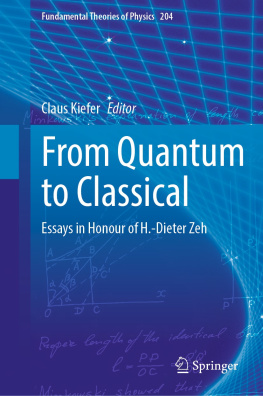
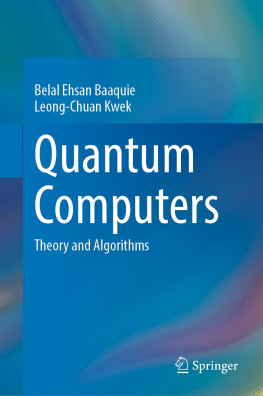
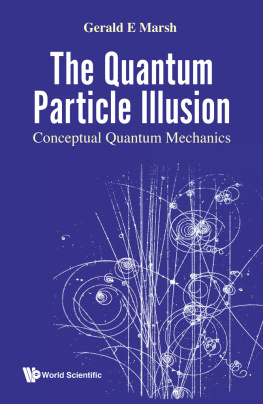
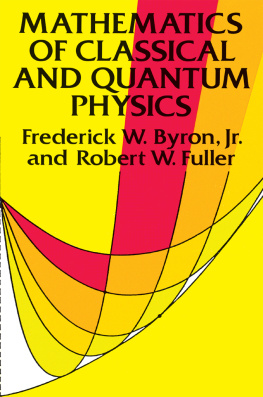

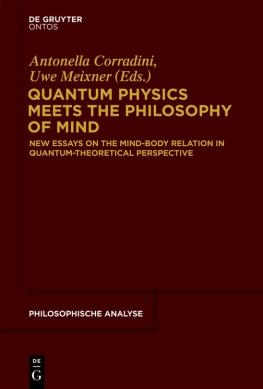
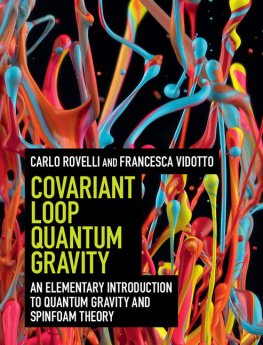
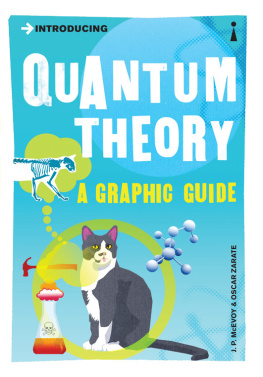
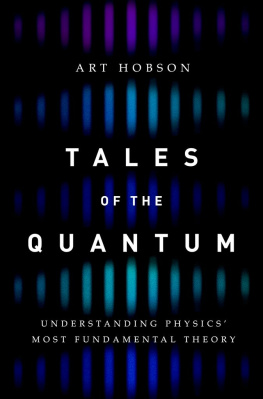
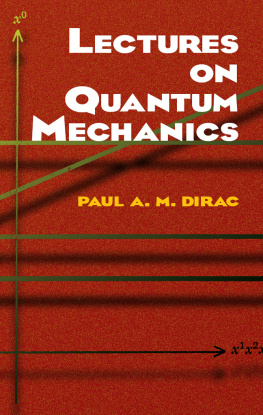
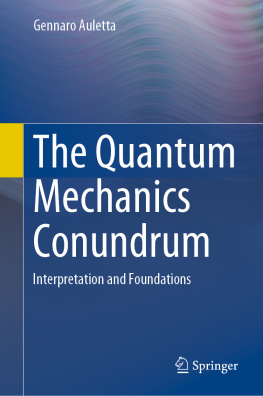
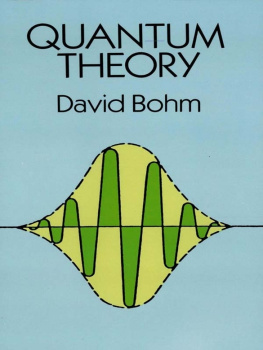
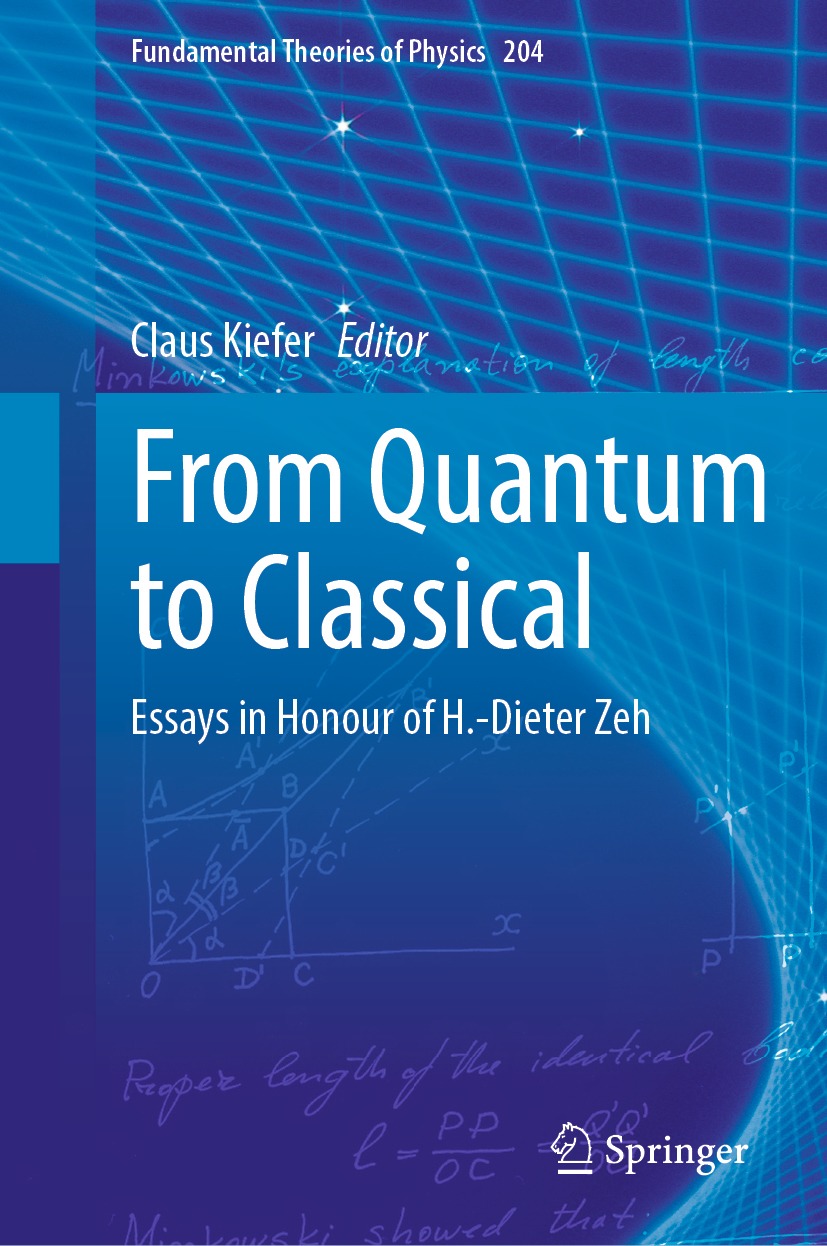

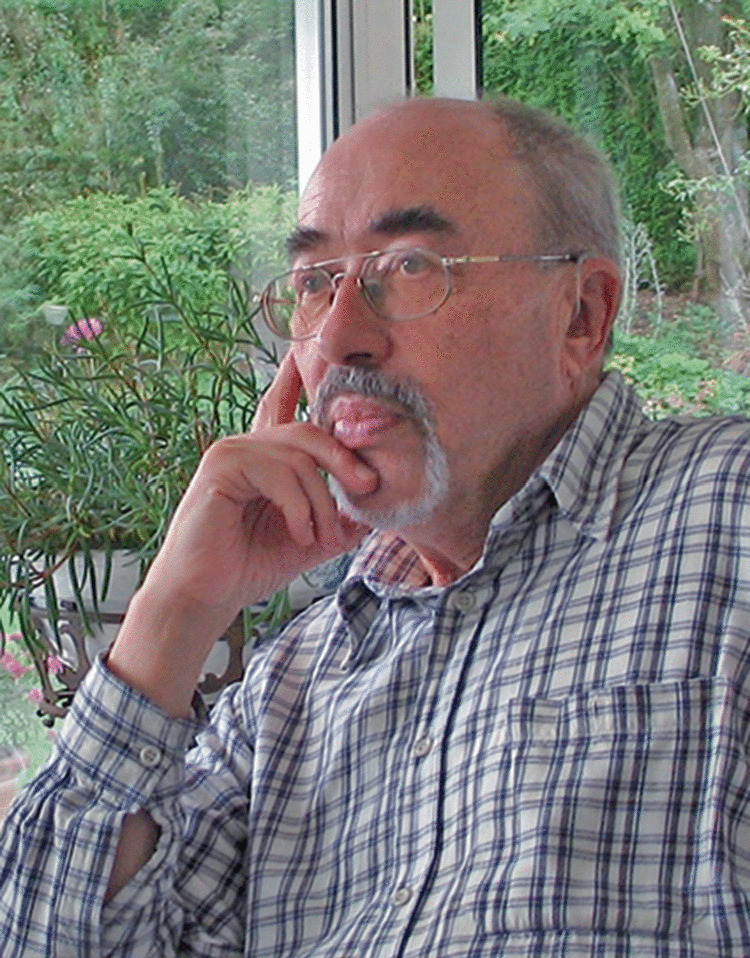
 -decay, nucleosynthesis and the dynamics of deformed nuclei. It was his concrete research about the deformed nuclei that eventually led him, in 1968, to the discovery of what was later called decoherence. Dieter was puzzled by the fact that individual nucleons could experience an orientation in spite of the whole nucleus being in a stationary quantum state. In his article on Roots and Fruits of Decoherence, he describes this as follows:
-decay, nucleosynthesis and the dynamics of deformed nuclei. It was his concrete research about the deformed nuclei that eventually led him, in 1968, to the discovery of what was later called decoherence. Dieter was puzzled by the fact that individual nucleons could experience an orientation in spite of the whole nucleus being in a stationary quantum state. In his article on Roots and Fruits of Decoherence, he describes this as follows: